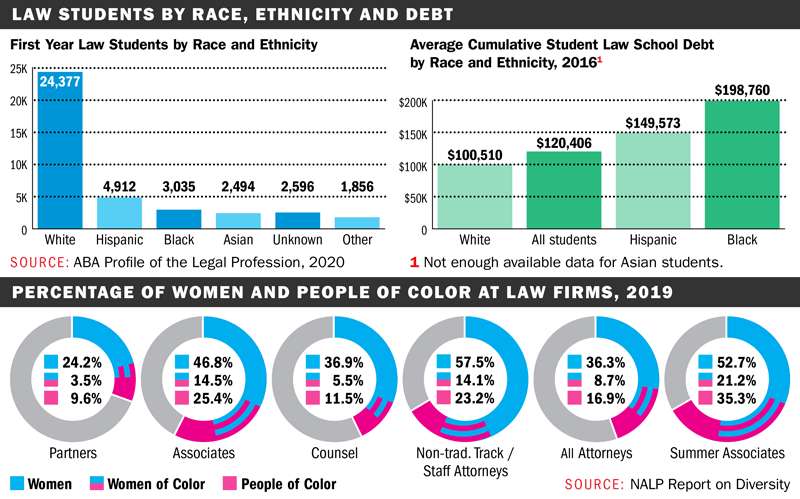
Diverse lawyers matter: Maine’s legal community tackles racism in the profession
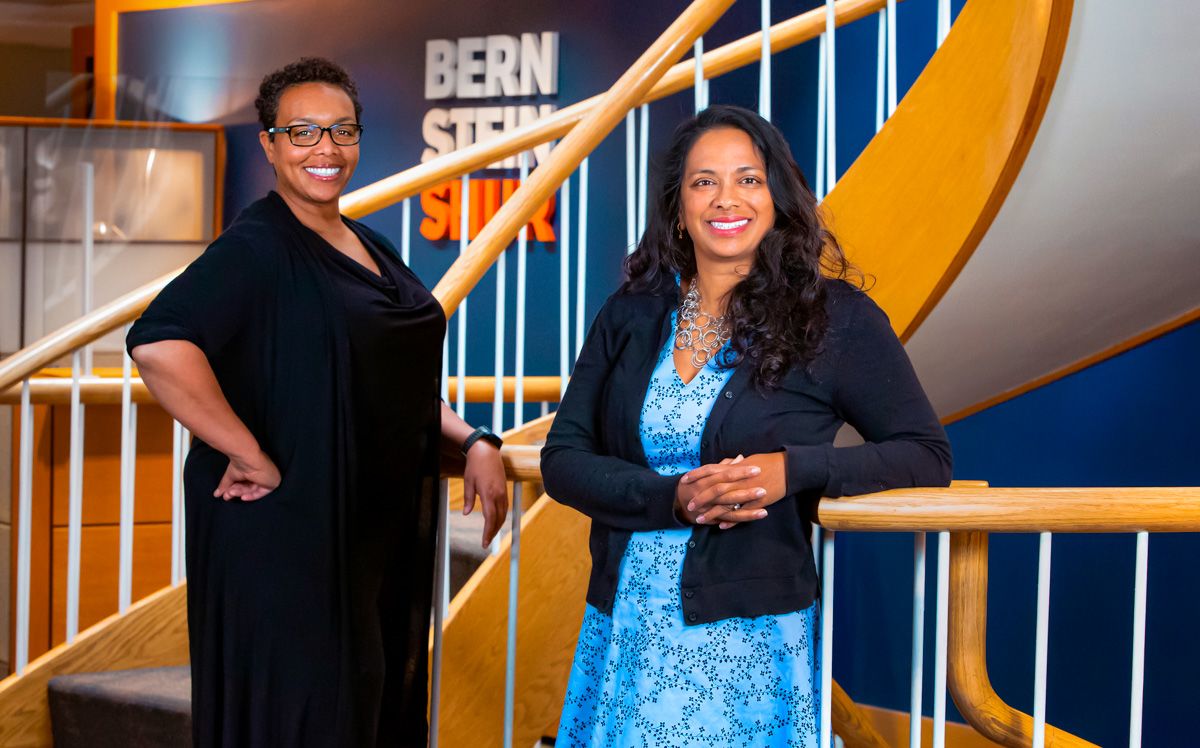 Photo / Tim Greenway
Krystal Williams, left, is an energy attorney, corporate strategist and business operations expert at Bernstein Shur, while Asha Echeverria chairs the Portland-based law firm’s construction law practice group.
Photo / Tim Greenway
Krystal Williams, left, is an energy attorney, corporate strategist and business operations expert at Bernstein Shur, while Asha Echeverria chairs the Portland-based law firm’s construction law practice group.
A multilingual immigration lawyer from Rwanda who represents clients in asylum cases and is sometimes mistaken for an interpreter. A Black energy attorney at Maine’s largest law firm who stood up to controversial remarks made by a white attorney with a broader call to end systemic racism in the profession. A Black real estate lawyer and Portland City Council member who ran for mayor last year.
All are blazing trails in a field where the odds are stacked against them as racial minorities, in one of the country’s whitest states.
The profession remains predominantly white, 176 years after Macon Bolling Allen passed the Maine bar exam. Born in Indiana in 1816, he was the first African-American to become a lawyer, argue before a jury and hold a judicial position. He passed the Maine bar exam in 1844 and became a justice of the peace in Massachusetts in 1847.
Today in Maine and nationwide, individuals of color are still vastly underrepresented among law students and practicing lawyers. Their voices are getting stronger after George Floyd’s death at the hands of a white policeman in Minneapolis this summer gave new impetus to the Black Lives Matter movement. In Maine and elsewhere, that’s prompting reflection and sometimes difficult conversations around diversity and racism in legal circles.
“What it did is really galvanize the white community, and made it more acceptable for Black professionals to talk about their experiences, that in no way were as extreme as death, but are still significant,” says Bernstein Shur’s Krystal Williams, of counsel at the Portland firm and a member of its energy and environmental practice group. “It made what was invisible to the majority of Americans visible.”
Williams is an active participant in those conversations, starting with her widely circulated response to controversial remarks made during a June 15 Maine State Bar Association “Bar Talk” on Zoom. Twenty-three minutes into the 30-minute talk, Augusta attorney Leah Baldacci objected to applying the term “white privilege” to attorneys “of the white race” as a “racist comment.”
Williams argued in her five-page response that white privilege is a necessary part of any discussion on racism. She also called on Maine’s legal community to “model the change that America needs,” adding, “Even though it’s messy, let’s change anyway — together.”
Nationwide picture
Today in the United States, only 14% of the 1.3 million lawyers in total are people of color. A further breakdown shows that 5% of lawyers are African-American — the same as 10 years earlier — though they make up 13.4% of the population.
Those are some of the findings in the American Bar Association’s second annual Profile of the Legal Profession Report published in July.
It also shows that racial diversity among federal judges has decreased slightly since Donald Trump was elected U.S. president, from 10.8% in 2016 to 9.8% in 2020, while gender diversity has grown slightly. A dozen states, including Maine, have also never had a person of color on their highest state court, at least since 1960.
The 2020 report also shows that while Black and Hispanic law students are more prone to take on student debt, they are more likely to work for the government and as solo practitioners. Their white peers are more likely to land higher-paying jobs at law firms, though salaries vary widely by firm size and seniority.

Another report, released in 2019 by the National Association for Law Placement, found that for the first time, Black or African-American representation among law firm associates finally topped the pre-recession level reached in 2009, although just by one-tenth of a percentage point.
At the partner level, the NALP study found that women and people of color continued to make slight gains in 2019, with women experiencing the biggest gains. Women of color continued to be the most dramatically underrepresented as partners, though that percentage nearly doubled in a decade to 3.45%.
A third national snapshot, from the Richmond, Va.-based nonprofit Leadership Council on Legal Diversity, shows that the legal profession trails other fields in terms of diversity including surgeons, accountants and architects and engineers. It also concluded that diversity issues aren’t limited to law firms, citing Forbes data showing that women hold a little more than a quarter (26%) of general counsel positions at Fortune 500 firms, while minorities represent only 11%.
‘Ingrained in their brain’
In Maine, the second-whitest state after Vermont, being a law student or lawyer of color is challenging even for individuals like Rwanda native Felix Hagenimana, a Portland-based immigration lawyer who works part-time for the Immigrant Legal Advocacy Project. The University of Maine School of Law alumnus speaks several languages and says he isn’t bothered when he’s mistaken in court for an interpreter.
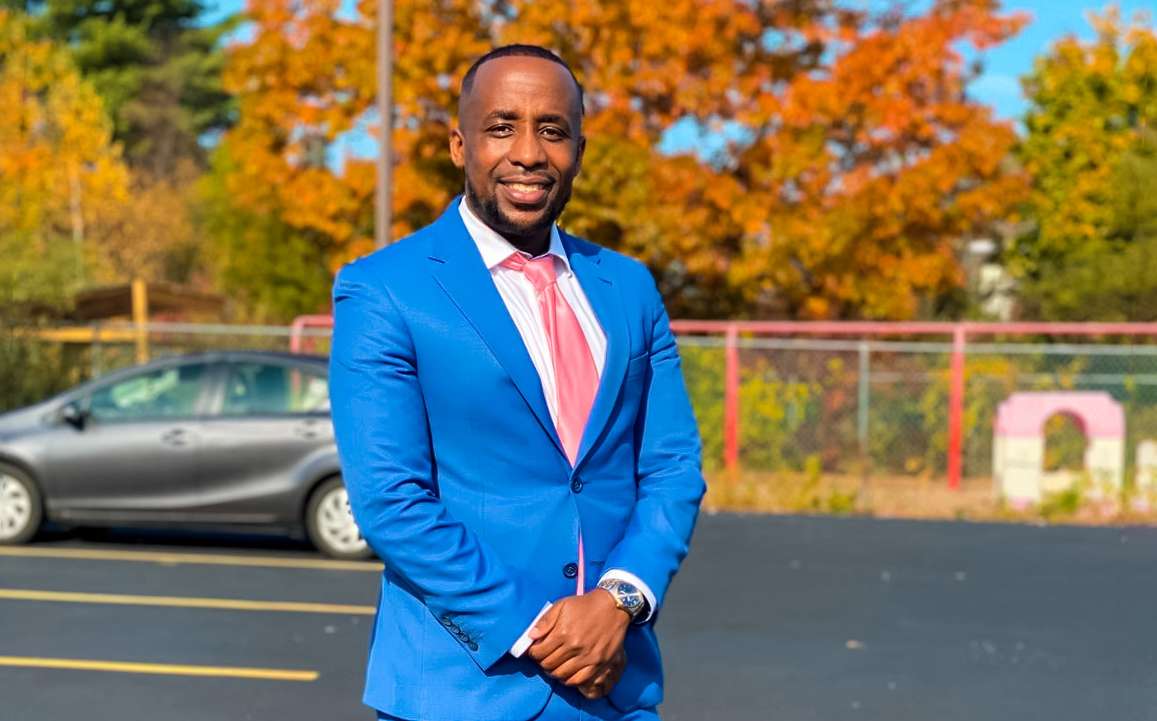
“I say, ‘No I’m the attorney,’ but I don’t mind it,” he says. “I don’t think people are trying to be mean, it’s just ingrained in their brain and they’re not used to seeing someone [of color] in that role.”
Similarly, Los Angeles native Ambrose Dawson, a first-year student at Maine Law who spent 20 years in the U.S. military, says he’s one of only three Black students in his class that he knows of but is glad to be in Portland.
“There’s a burgeoning immigrant community here,” he says, “so the ability to see people with my skin color isn’t as difficult as it may seem.” Equally interested in criminal justice reform and business transactions, he’s open to different career opportunities after he graduates.
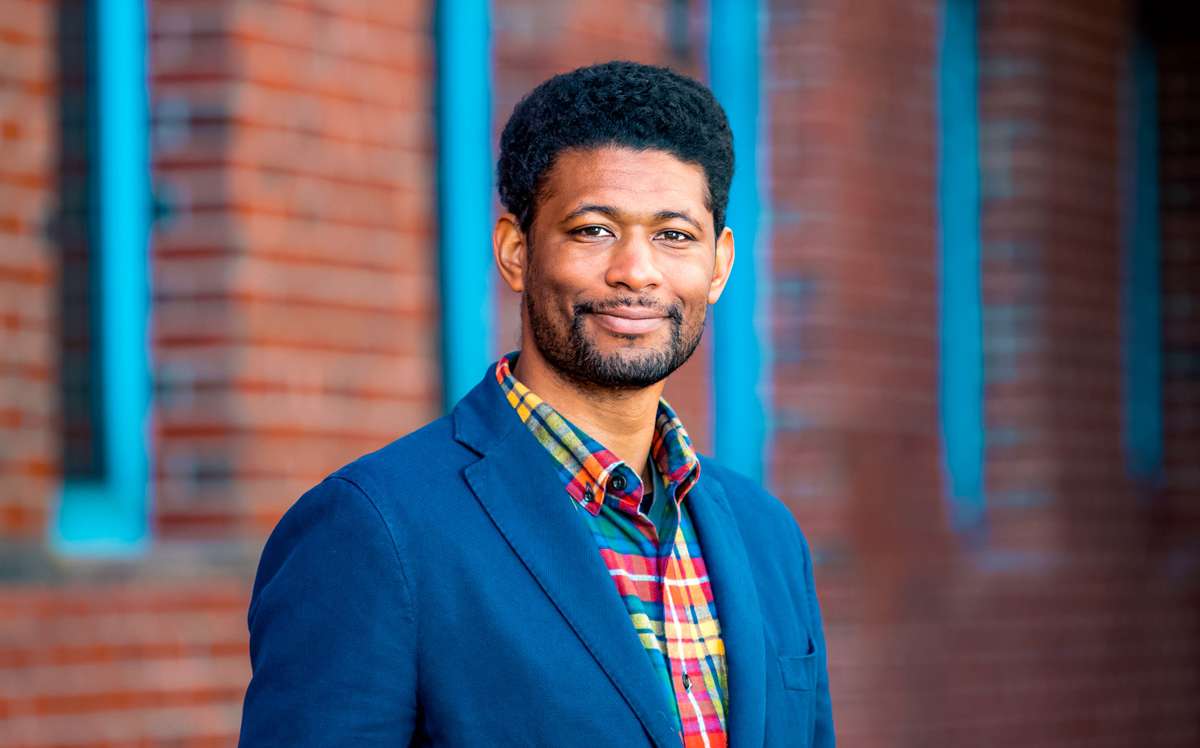
In a profession where men outnumber women by about 2-to-1, women of color must often overcome a host of additional prejudices. Bernstein Shur attorney Asha Echeverria, whose parents were born in India, recalls one instance where opposing counsel referred to her as a “girl” and she responded as “the woman over here.”
She chairs the firm’s construction practice group and is a member of the Maine State Bar Association’s new Diversity Committee and BIPOC (Black, Indigenous and People of Color) Lawyers Section.
State bar group moves
Besides the new committee and section, the Augusta-based Maine State Bar Association aims to gather statistics — for the first time — on diversity among its 2,900 members. In the dues renewal process that started in September, it added questions on race, ethnicity, gender, sexual orientation, military status, along with type of and years in practice, with plans to publish the data in an annual report.
The 12-member Diversity Committee, formed in June and chaired by Murray Plumb & Murray’s Kelly McDonald, has also conducted a survey of member experiences with racial equity and racism, whether as a witness or firsthand. It received around 1,400 responses it’s now evaluating, according to MSBA Executive Director Angela Armstrong.
“Even though we’ve been dealing with sexism and women’s issues in the Maine bar as well as ageism, racial diversity is not something we’ve focused on, and clearly need to,” she says. “I’ve been hearing these conversations for years at national meetings, and I’m glad it’s now come to the forefront in Maine.”
Many of those conversations are taking place among members of the new BIPOC Lawyers Section as it works on its mission and bylaws. The section is co-chaired by Tom Douglas, a litigator originally from New Jersey with Westbrook’s Douglas, McDaniel & Campo LLC. The 2003 University of Pennsylvania Carey Law School alumnus recalls being one of three attorneys of color he knew of in the state when he first came to Maine, and estimates there are now 30.
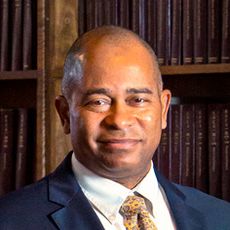
“It’s so refreshing,’’ he says, “to be able to talk to people who have had similar experiences and different perspectives. It makes you feel like you’re not out in the wilderness so to speak.”
Spencer Thibodeau, a Black associate at Portland law firm Verrill who sits on the Portland City Council and ran for mayor last year, feels the same way, especially when it comes to those in public office setting an example for young people.
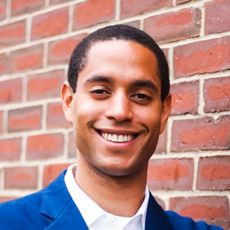
“I didn’t have my first Black teacher until I was in seventh grade and then not again until college,” he recalls. “When we talk about representation, it’s important to see yourself in somebody else.” His advice to young attorneys starting out today: “Master your craft, be a strong advocate, and do not lose your world view.”
Another tip, from Preti Flaherty Boston-based director Shana Solomon, is not to be discouraged by the lack of diversity in the profession that she still notices after 15 years in practice.
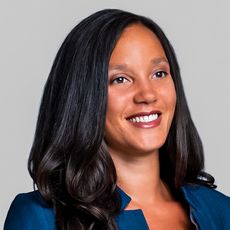
“The profession and the clients we serve need you,” she says. “Your pursuit of a career as a lawyer will be part of the movement that helps to bring diversity to the profession.”
Back in Portland, Krystal Williams is preparing for her next chapter in that movement as a solo practitioner as she gets ready to leave Bernstein Shur next month. She’s excited about starting her own law firm and setting up a nonprofit foundation to confront systemic racism and act as a support network to high school and college students of color with the goal of inspiring them to study law.
“I don’t think the practice of law is for everyone,” she says, “but the skill set is so incredibly valuable, and you can use it in any industry. That’s what I would tell a young person of color: If you want a degree that gives you maximum flexibility and the ability to play at all levels of the professional game, consider a law degree.”
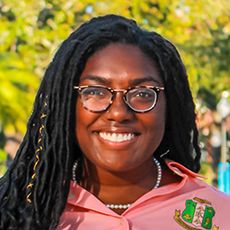
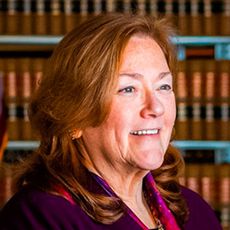
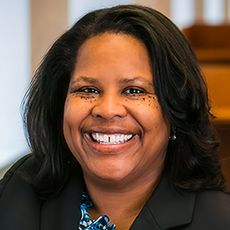






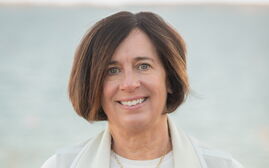







0 Comments